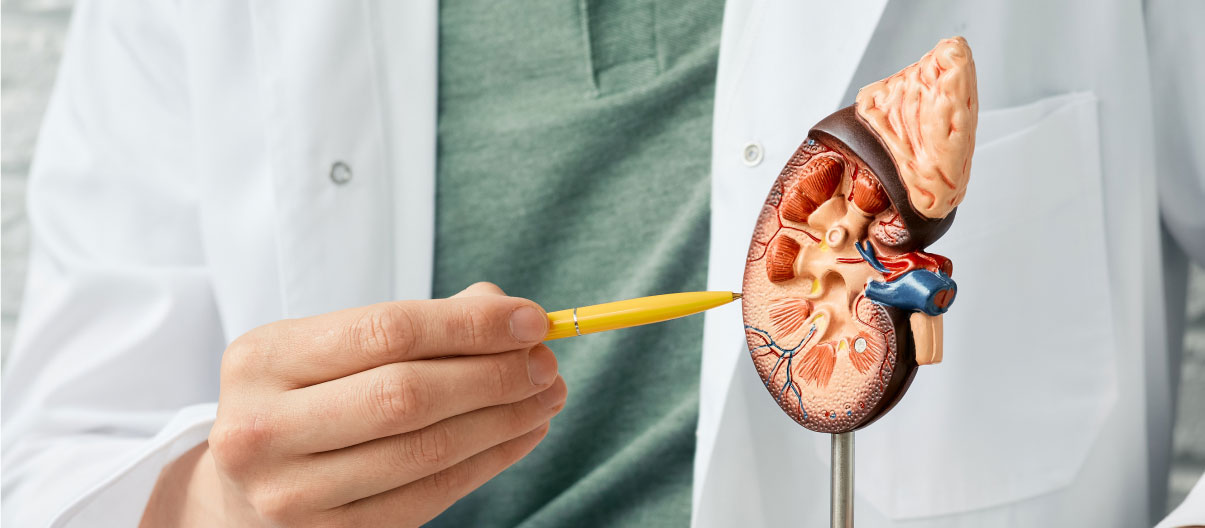
Chronic Kidney Disease (CKD)
Permanent damage to the kidneys is called chronic kidney disease (CKD). Some common medical conditions that can cause CKD are diabetes, hypertension (high blood pressure), inherited kidney diseases, chronic obstruction of the bladder and diseases of the kidney tissue itself.
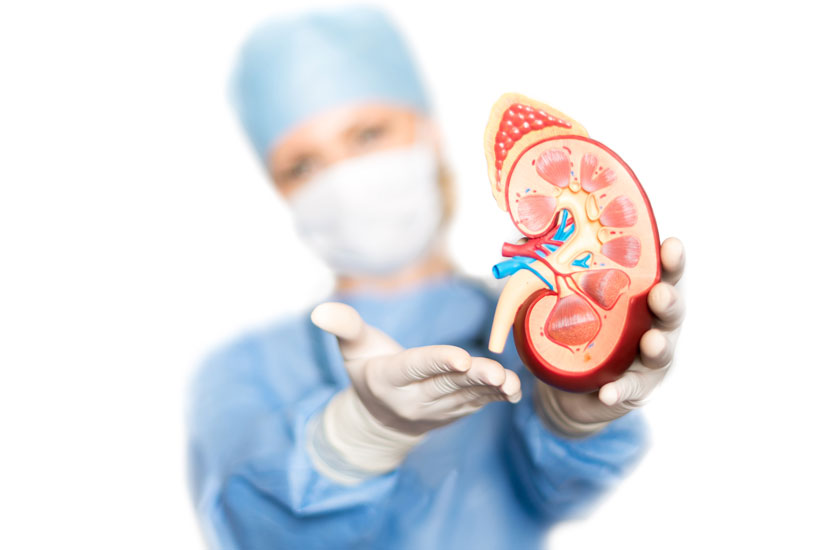
Kidney Transplant
Chronic kidney disease (CKD) could progress to complete loss of kidney function, known as end-stage renal disease (ESRD), which could require dialysis or a kidney transplant. A kidney transplant is used to treat kidney failure.
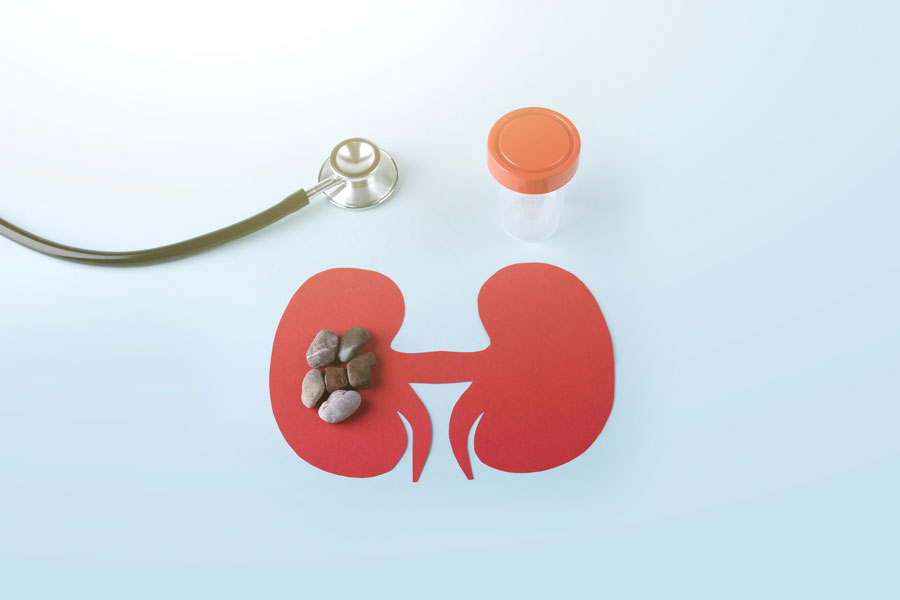
Kidney Stones
A kidney stone is like a small rock that forms in the kidney. Kidney stones could form when certain chemicals in the body clump together. A stone can either stay in the kidney or travel through the urinary system.
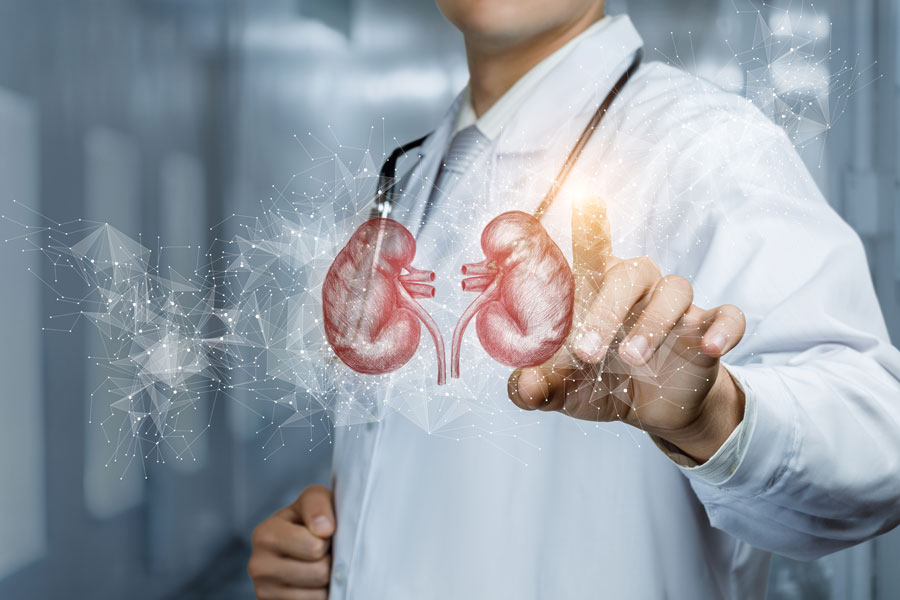
Kidney Failure: Acute & Chronic
Acute Kidney Failure happens when there is an abrupt loss of kidney function, preventing your kidneys from properly filtering waste from your body.

Lupus Nephritis
Inflammation of the kidneys caused by the autoimmune disease Systemic Lupus Erythematosus (SLE) is called lupus nephritis. This complex condition prevents the kidneys from properly removing waste from the blood and regulating the amount of fluid in the body.

Dialysis
Dialysis is the artificial process of washing or cleansing of the blood to remove toxins and waste products when your kidneys have lost the ability to naturally filter waste from your body and regulate fluids properly. At Nephrology Associates we treat with both Hemodialysis & Peritoneal Dialysis.

Diabetic Nephropathy
Diabetes is a disease of elevated blood sugar(glucose). Glucose is a large molecule in the blood that causes damage to tiny blood vessels all over the body- including the kidneys’ smallest filtering units – the glomeruli.
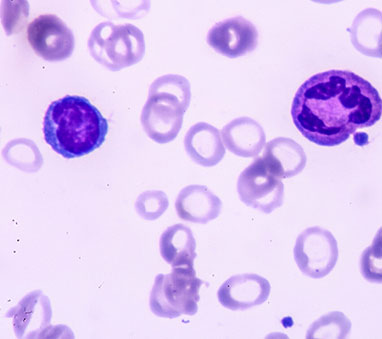
Hematuria
Blood in the urine is called hematuria. While blood in the urine can be caused by many issues, it is not normal and should be seen by a doctor in order to determine the best treatment option.
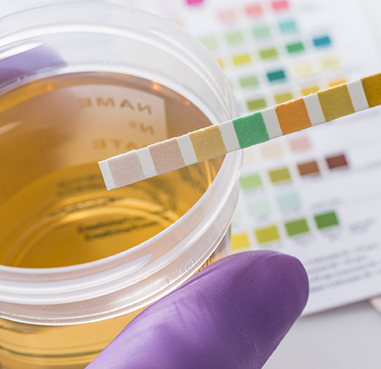
Proteinuria
Protein in the urine is called proteinuria, but may also be referred to as albuminuria or microalbuminuria. Your kidneys make urine by cleaning waste and extra fluid from your blood. Your kidneys also help prevent the loss of things that your body needs, like protein.

Glomerulonephritis
Inflammation of the kidney’s smallest filtering units (glomeruli) is called glomerulonephritis, but may also be referred to as nephritis or nephrotic syndrome. The inflammation and damage within the kidneys, as a result of glomerulonephritis, is often seen as a result of an autoimmune disease.
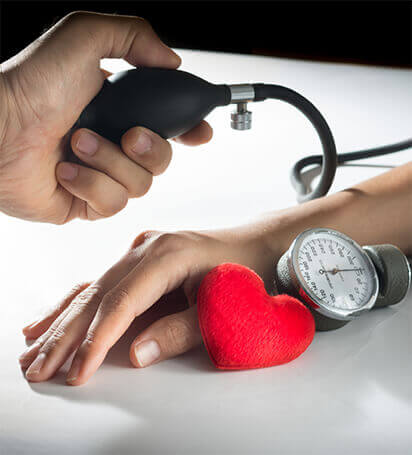
Hypertension
Elevated pressure on the insides of the arteries in your body is called hypertension, but may also be referred to as high blood pressure. Over time, this elevated pressure on delicate renal vessels can cause damage to the kidneys blood flow and filtering units (glomeruli).
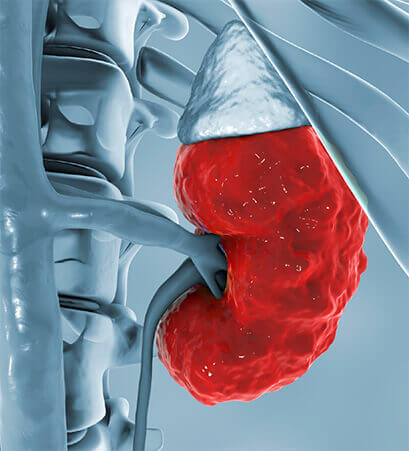
Polycystic Kidney Disease
The genetic disorder that replaces normal kidney tissue with multiple fluidfilled cysts is called polycystic kidney disease (PKD). This disease affects kidney function by decreasing the number of functioning filters available.
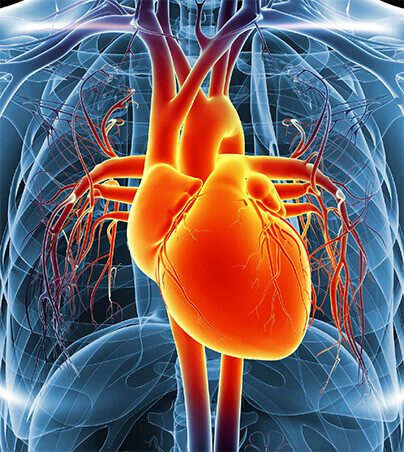
Metabolic Syndrome
Metabolic syndrome is a term used to describe a combination of conditions which affect the heart or blood vessels.

Electrolyte Disorders
An imbalance of essential minerals in the body is called an electrolyte disorder. One of the primary functions of the kidneys is to balance out these important minerals in order for the body to function properly.

Telehealth
We stand by our commitment to delivering first-in-class care to our patients in the greater Middle Tennessee area which is why we recently expanded our patient services to include Telehealth.


